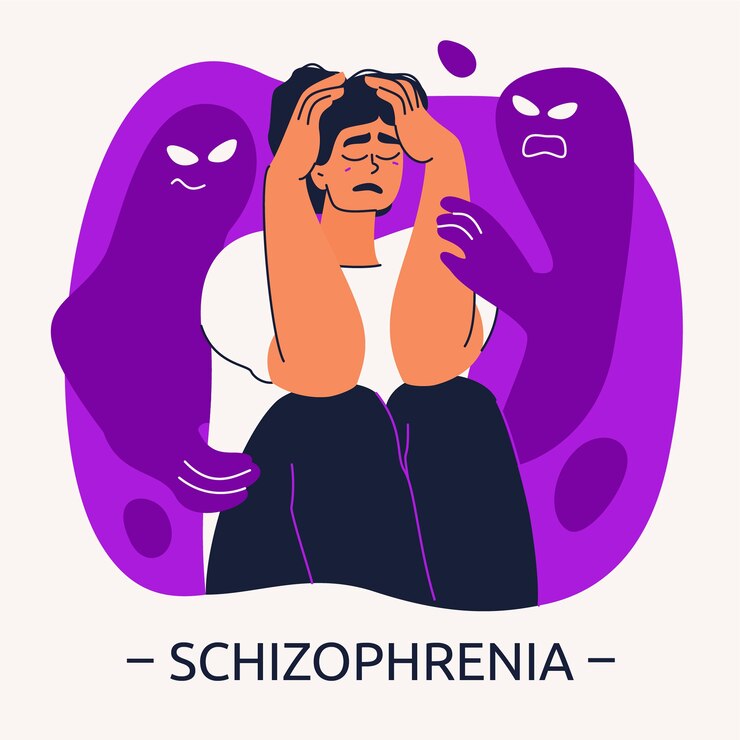
Unraveling Schizophrenia: Understanding Its Causes and Risk Factors
Schizophrenia is a complex mental disorder influenced by a combination of genetic, environmental, and neurological factors. By unraveling its causes and risk factors, we can better understand this condition and support those affected.
Genetic Factors:
Genetics play a significant role in the development of schizophrenia. If a close family member, such as a parent or sibling, has the disorder, the risk of developing schizophrenia increases. However, having a family history of schizophrenia doesn’t guarantee that an individual will develop it. It merely increases the likelihood.
Brain Chemistry and Structure:
Imbalances in brain chemistry, particularly neurotransmitters like dopamine and glutamate, are associated with schizophrenia. These neurotransmitters help regulate mood, perception, and cognition. Disruptions in their functioning can contribute to the development of psychotic symptoms characteristic of schizophrenia. Additionally, abnormalities in brain structure, such as enlarged ventricles or reduced gray matter volume, have been observed in individuals with schizophrenia.
Environmental Factors:
Various environmental factors can increase the risk of developing schizophrenia, particularly when combined with genetic predispositions. Factors such as prenatal exposure to viruses or malnutrition, birth complications, and early childhood trauma or stress can contribute to the development of schizophrenia later in life. Additionally, substance abuse, particularly during adolescence or young adulthood, can increase the risk of developing schizophrenia or trigger psychotic symptoms in those predisposed to the disorder.
Social Factors:
Social factors, such as poverty, social isolation, and urban upbringing, have also been linked to an increased risk of schizophrenia. These factors can contribute to chronic stress and disrupt social support networks, exacerbating symptoms and making it more challenging for individuals to cope with the disorder.
Recognizing and addressing these causes and risk factors can help improve early intervention and treatment for schizophrenia. By providing support, education, and access to mental health services, we can empower individuals living with schizophrenia to manage their symptoms and lead fulfilling lives.
To seek medical advice, always consult a Doctor. Here are our recommended experts. Click here
To read more on Neurology. Click Here


